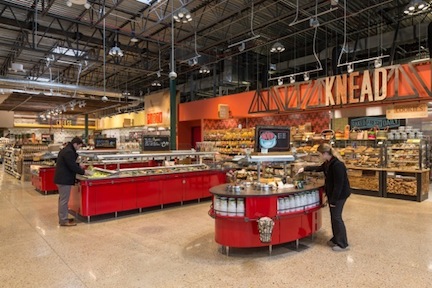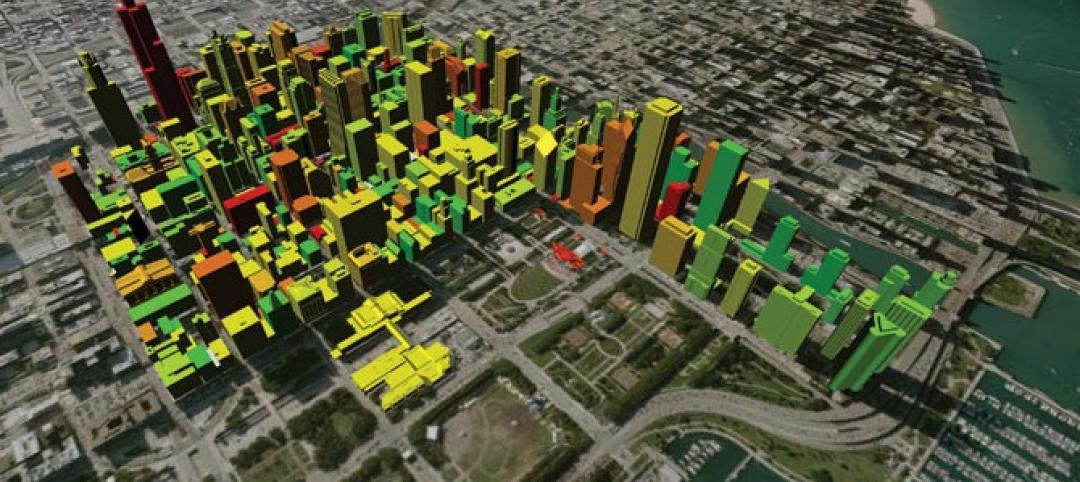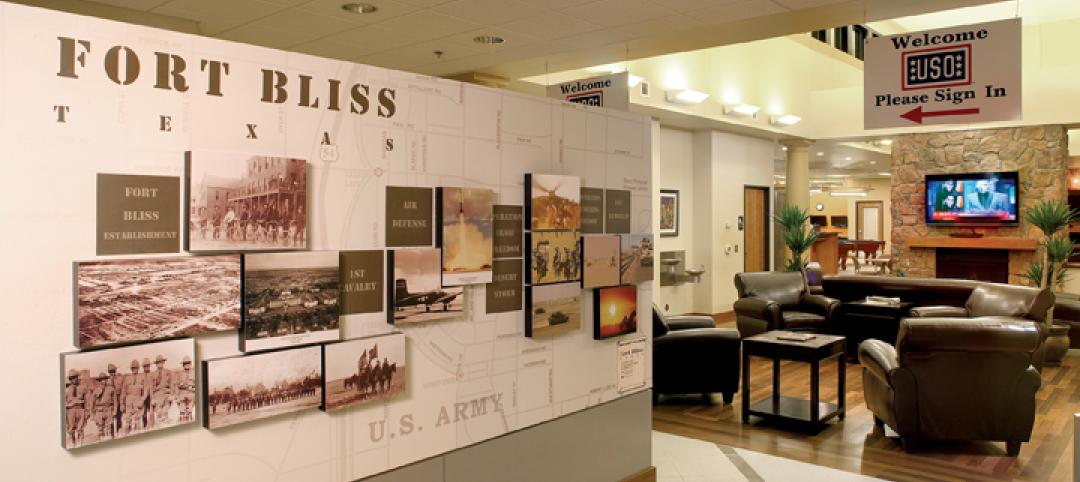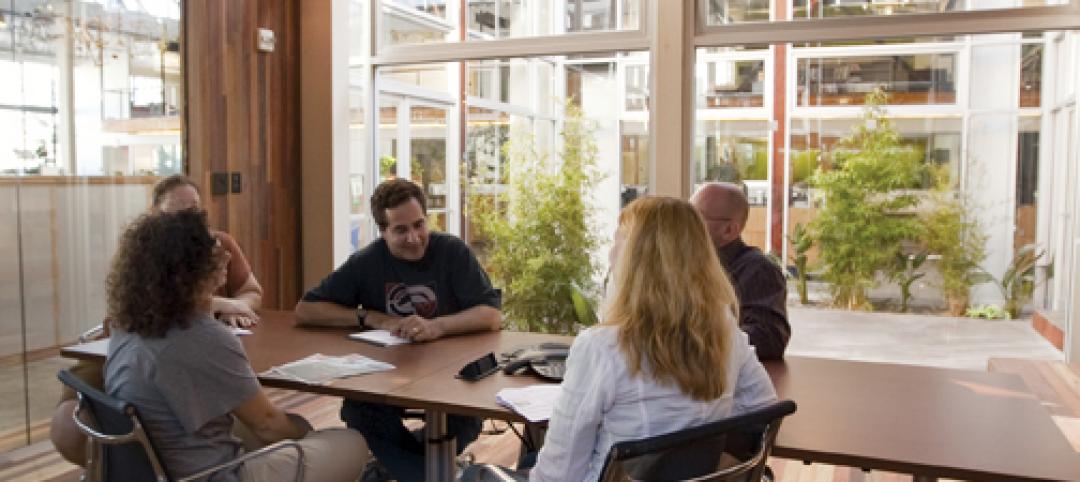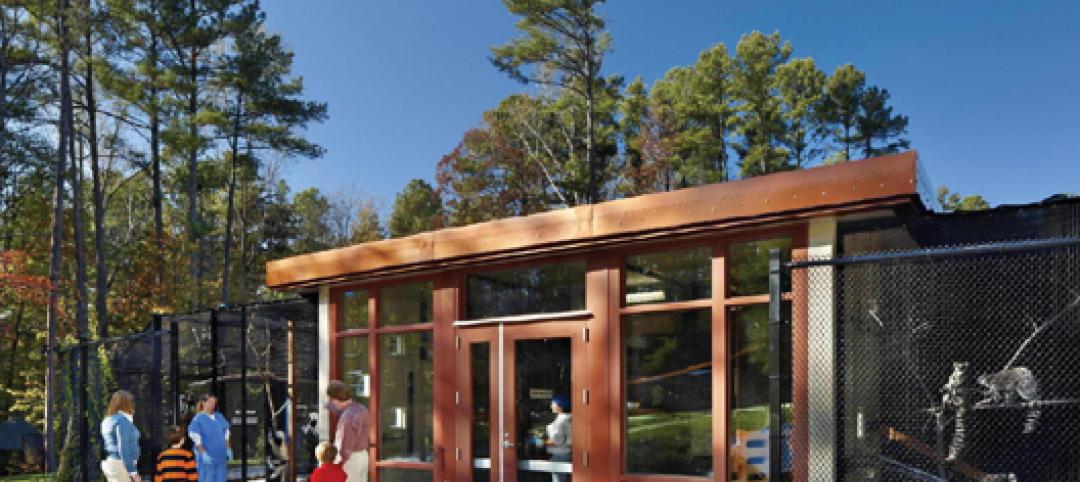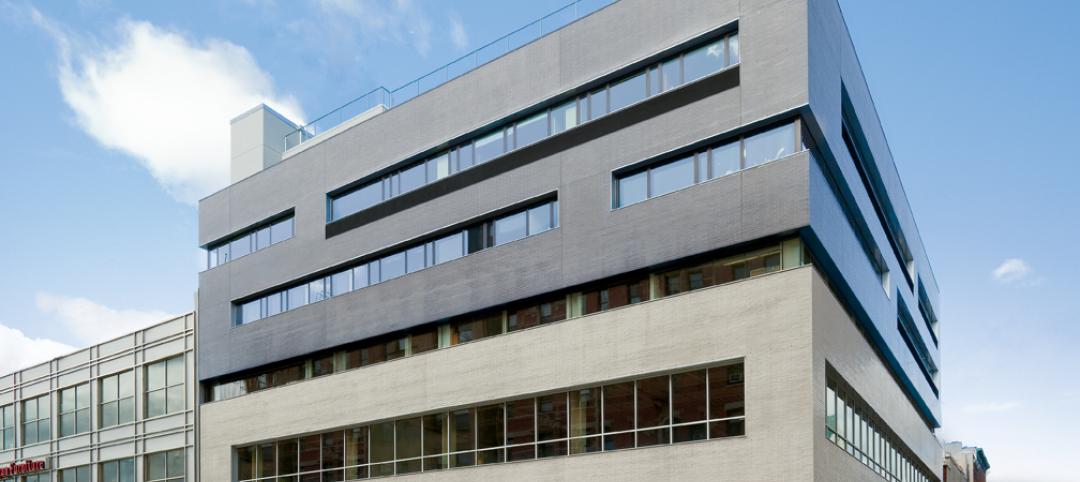Portland, OR – The Green Building Initiative® (GBI) has announced a wave of Green Globes certifications for new grocery stores across the nation.
The properties include New Seasons Markets in Oregon, and Whole Foods, Price Chopper, Aldi’s, Harris Teeter, Wegmans, and Publix stores across the country.
New Seasons director of construction and facilities Wayne Pipes said Green Globes certification helps validate the company’s sustainability story. “We were the first B-Corp grocer in the world—sustainability is part of our DNA,” Pipes said. “We're classified a Zero-Waste company, and using less energy is part of who we are. Green Globes help make our mission clear throughout the community at large as we continue to grow.”
“Grocers’ need for refrigeration make energy-efficient construction and operations especially critical, both from an environmental and an economic standpoint,” Jerry Yudelson, president of Green Building Initiative, said. “Green Globes is ideal for retail environments because of its integration with the ENERGY STAR® program—which includes supermarkets as a building occupancy category—and because it accommodates different building scenarios by not applying penalties for features that aren’t applicable.”
To date, nearly 50 Whole Foods stores have been certified or are now in the Green Globes process. In 2013 Whole Foods expanded its sustainability efforts by taking its first existing building through Green Globes, a store in the Hollywood district of Portland, Oregon, which earned a Three Green Globes Rating.
“If you’re looking for ways to reduce your building footprint or wondering where your facility stands on the green spectrum, this [Green Globes] process has a lot of merit,” Whole Foods Pacific Northwest Region construction manager Bob Gordon said. “The comprehensive evaluation looked at both how the building was built and is operated. It will help us piece together a preventative maintenance program for the whole region. In the long-term, the Green Globes suggestions save money and enhance the facility.”
The Green Globes certification process also incorporates the EPA’s GreenChill Store Certification Program for Food Retailers, which recognizes individual stores for using environmentally friendlier commercial refrigeration systems. Stores also can achieve certification under GreenChill itself.
About the Green Building Initiative™ - The GBI is a nonprofit organization and American National Standards Institute (ANSI) Standards Developer dedicated to accelerating the adoption of green building practices. Founded in 2004, the organization is the sole U.S. provider of the Green Globes® and federal Guiding Principles Compliance building certification and professional accreditation programs. http://thegbi.org.
Related Stories
| Jan 25, 2011
Bloomberg launches NYC Urban Tech Innovation Center
To promote the development and commercialization of green building technologies in New York City, Mayor Michael R. Bloomberg has launched the NYC Urban Technology Innovation Center. This initiative will connect academic institutions conducting underlying research, companies creating the associated products, and building owners who will use those technologies.
| Jan 25, 2011
Top 10 rules of green project finance
Since the bottom fell out of the economy, finding investors and financial institutions willing to fund building projects—sustainable or otherwise—has been close to impossible. Real estate finance prognosticators, however, indicate that 2011 will be a year to buy back into the real estate market.
| Jan 25, 2011
Chicago invented the skyscraper; can it pioneer sustainable-energy strategies as well?
Chicago’s skyline has always been a source of pride. And while few new buildings are currently going up, building owners have developed a plan to capitalize on the latest advances: Smart-grid technologies that will convert the city’s iconic skyline into what backers call a “virtual green generator” by retrofitting high-rise buildings and the existing electrical grid to a new hyper-connected intelligent-communications backbone.
| Jan 25, 2011
AIA reports: Hotels, retail to lead U.S. construction recovery
U.S. nonresidential construction activity will decline this year but recover in 2012, led by hotel and retail sectors, according to a twice-yearly forecast by the American Institute of Architects. Overall nonresidential construction spending is expected to fall by 2% this year before rising by 5% in 2012, adjusted for inflation. The projected decline marks a deteriorating outlook compared to the prior survey in July 2010, when a 2011 recovery was expected.
| Jan 25, 2011
Jester Jones Schifer Architects, Ltd. Joins GPD Group
GPD Group is excited to announce that Jester Jones Schifer Architects, a Marion-based architectural firm, has joined our firm, now enabling GPD Group to provide architectural services to the Central-Ohio market.
| Jan 21, 2011
Combination credit union and USO center earns LEED Silver
After the Army announced plans to expand Fort Bliss, in Texas, by up to 30,000 troops, FirstLight Federal Credit Union contracted NewGround (as CM) to build a new 16,000-sf facility, allocating 6,000 sf for a USO center with an Internet café, gaming stations, and theater.
| Jan 21, 2011
Manufacturing plant transformed into LEED Platinum Clif Bar headquarters
Clif Bar & Co.’s new 115,000-sf headquarters in Emeryville, Calif., is one of the first buildings in the state to meet the 2008 California Building Energy Efficiency Standards. The structure has the largest smart solar array in North America, which will provide nearly all of its electrical energy needs.
| Jan 21, 2011
Primate research facility at Duke improves life for lemurs
Dozens of lemurs have new homes in two new facilities at the Duke Lemur Center in Raleigh, N.C. The Releasable Building connects to a 69-acre fenced forest for free-ranging lemurs, while the Semi-Releasable Building is for lemurs with limited-range privileges.
| Jan 21, 2011
Harlem facility combines social services with retail, office space
Harlem is one of the first neighborhoods in New York City to combine retail with assisted living. The six-story, 50,000-sf building provides assisted living for residents with disabilities and a nonprofit group offering services to minority groups, plus retail and office space.


